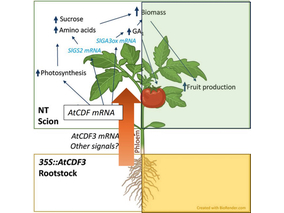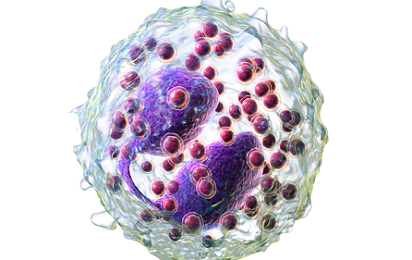The frontal lobe uses different degrees of resources depending on the difficulty of the task to be performed, a finding that allows us to advance in the knowledge of this structure of the brain and how it works to retain information. The research group Neurocognition, psychobiology of the personality and behavioral genetics (IRBLleida) and the University of Lleida (UdL), coordinated by the professor of Psychopathology at the UdL, Antón Aluja, has shown that the frontal lobe is capable of differentiating various phases of working memory according to the difficulty or complexity of the memory. These phases are divided into encryption, retention and recovery. The article, which has been published in the journal Behavioural Brain Research, is the first to differentiate these three phases of working memory in a topographical way and will open up new avenues of research to expand knowledge of the frontal lobe.
The frontal lobe is a key structure of the brain, involved in numerous functions, such as attention, planning, and working memory, which is the ability to hold and manipulate a limited amount of relevant information. Working memory is essential for decision making and its capacity is related to cognitive skills.

The research team observed changes in head circumf...

AtCDF3 gene induced greater production of sugars a...

Un estudio con datos de los últimos 35 años, ind...

En nuestro post hablamos sobre este interesante tipo de célula del...

Investigadores del Cima Universidad de Navarra constatan que la combin...
Biotechnology portal in Spain
Subscribe to our newsletter and stay up to date with the latest news and deals!
2013 © Biotech-Spain.com - Site Developments SL. All Rights Reserved. Terms of Service | Privacy Policy
Articles
Directory
